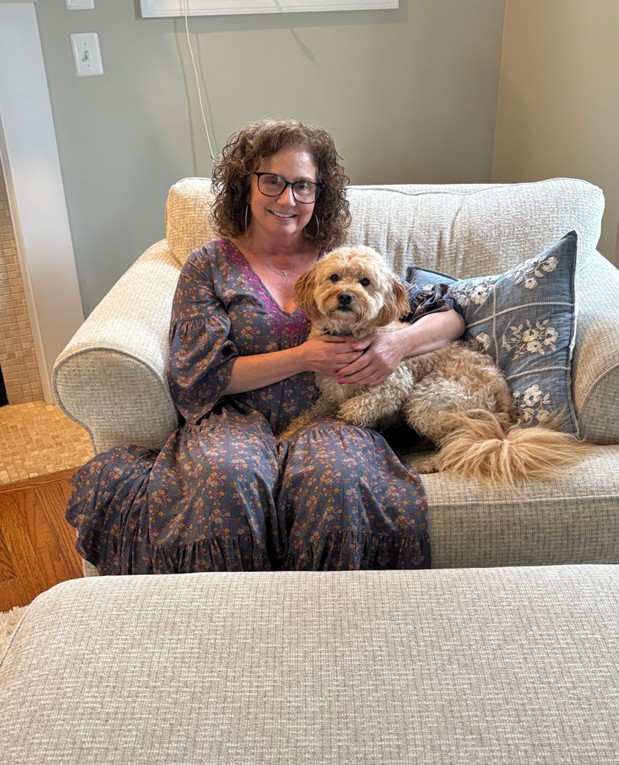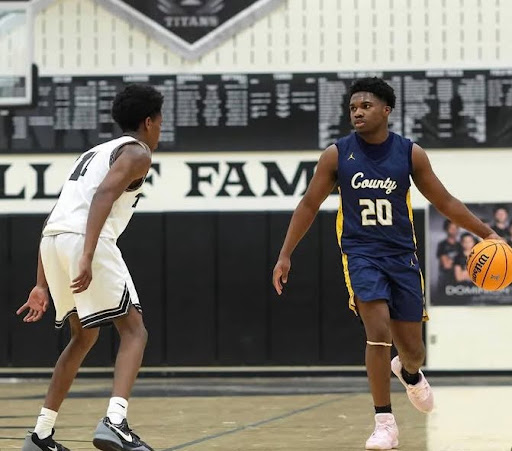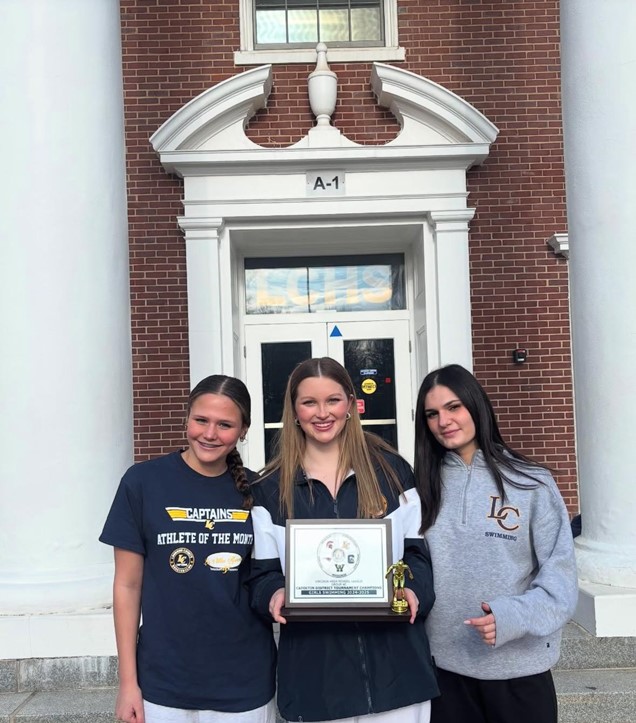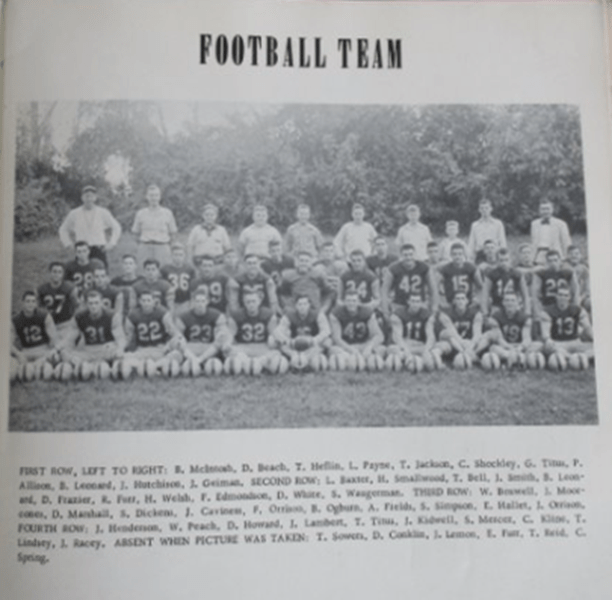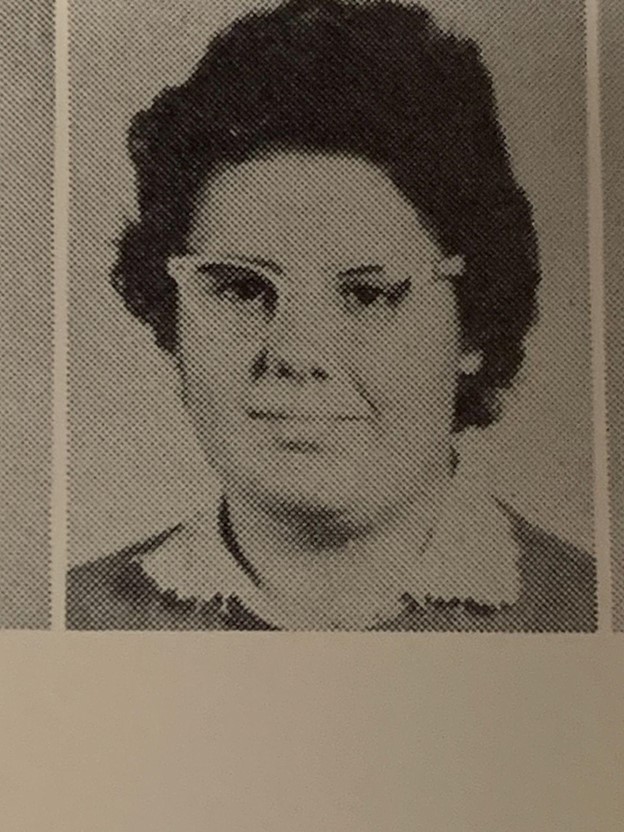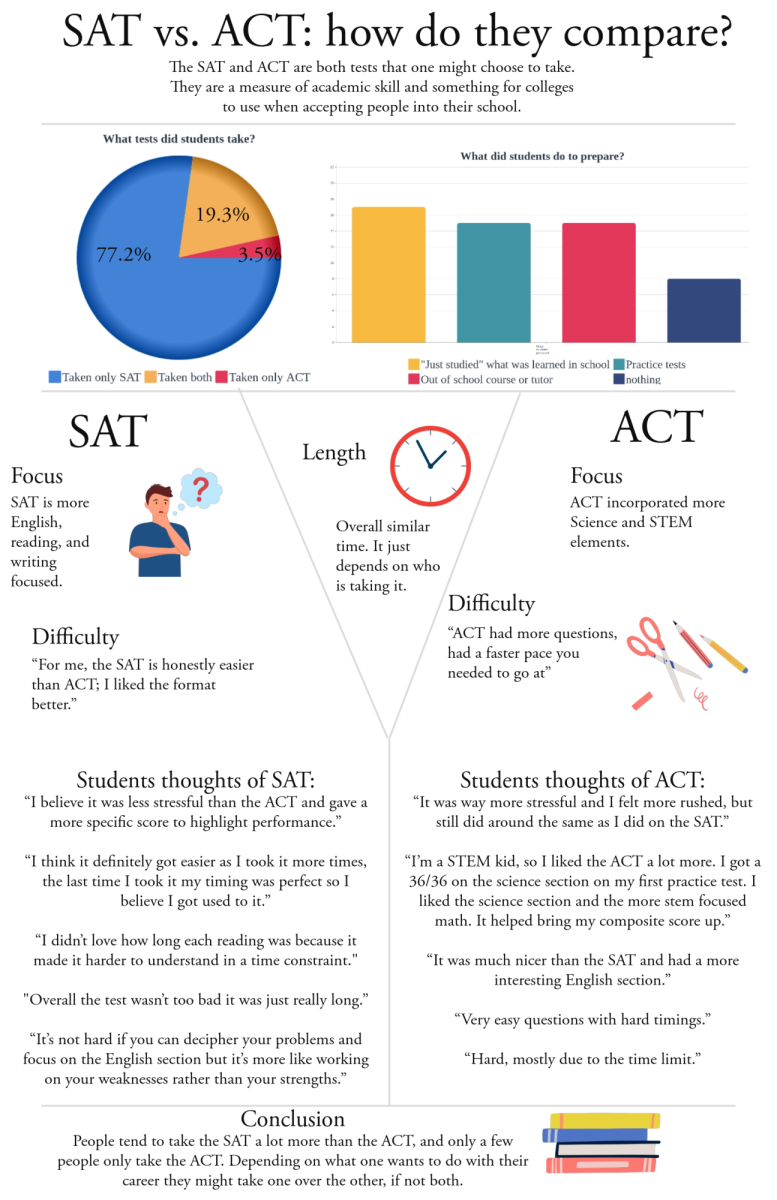Fire alarms, rooftop units, tennis courts, and resurfacing the asphalt and concrete are just some of the replacements coming to our high school in the future. Loudoun County Public Schools pays for these scheduled replacements, but how is it determined when to make replacements?
“It’s a very complicated process,” Chief Operations Officer Kevin Lewis said. “We break it down into multiple components. This building itself, built in 1954, and will last forever. The brick walls, the block walls, the structural steel, we can keep that going for a long time. The systems are another thing.”
The systems, which include the HVAC and lighting, are placed on a life cycle. These life cycles determine how long the items will remain in the school until they are replaced. Where a light fixture may last thirty-five or fourty years, at some point of time, it won’t be efficient anymore. “We used to have big fluorescent tubes, and then smaller fluorescent tubes, and now we’re at LED lights,” Lewis said, demonstrating the move to more efficient technology. Now, with LED lights, “the amount of power we use fits into our sustainability plan,” Lewis said.
Everything has a different life cycle, and where some things have a large life cycle, others have smaller ones. For example, the painting is placed on a seven year cycle, HVAC systems are around thirty years, the outdoor track is placed around ten years, and lighting is around thirty years. For efficiency, the district tries to coordinate certain replacements, such as lining up the replacement of outdoor track with the turf fields refresh.
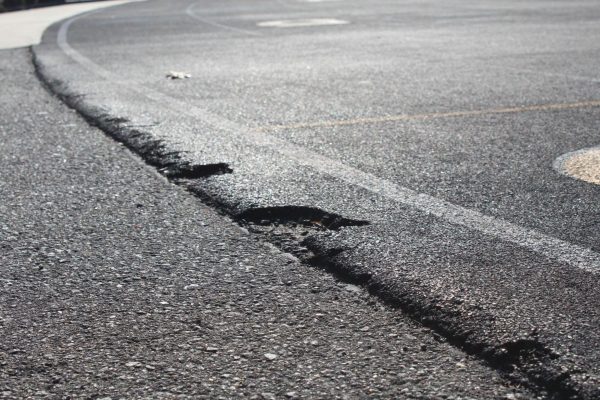
Lewis, who has been working with Loudoun County Public Schools for over twenty-four years, says that the district engineers use their experiences to the district’s advantage. “Certain manufacturers last longer than others, and so we are very particular about the manufacturers we use because we know we can fix them,” Lewis said. “We have a lot of folks that look at this equipment and determine when it should be done.”
According to Lewis, all equipment is on the same cycle regardless of the building’s age, but older buildings do present some challenges. At County, one challenge is the tile. “That’s the character of this building, so we won’t replace that tile.” Out of the corridors, they did the best thing they could to try and match the old tiles, which was seventy years old.
What is currently the library used to be that main gym back in the day. “We had to figure out how to treat that space with the history and significance it needed,” Lewis said.
“Very similar to the building systems and infrastructure, furniture is also categorized,” Office of Support Services Brian Stocks said. “We have the classroom set, the main office furniture, we have furniture in the libraries, and then we have the cafeteria furniture.”
They are all treated differently as far life cycles go, but according to Stocks, classroom furniture tends to outlast the evolution of the delivery method of education. The combination desks that are present in the school right now are not working well for the current year. “But these are in good shape, structurally they are sounds,” Stocks said. “They are well within their life cycle management of approximately thirty years.”
Built into the Capital Improvements Program, beginning in 2027, the replacement of all combo desks will begin to phase in, which allowed for additional funding from the Board of Supervisors to expedite the process. “This spring, summer, we plan to replace all the remaining combination desks in Loudoun County Public Schools, secondary schools,” Stocks said. “This school will see that immediately.”
Cafeteria tables are handled a bit differently, being managed with a life cycle of fifteen years. They don’t place the order once the fifteen year mark is hit, however. Instead, an evaluation begins, where physical visits are made, inventories on the tables, and assessments on their conditions.”We work very closely with our facilities operation team, because our custodial staff move those tables, they collapse and move. And they can actually become dangerous if the table is not functioning correctly to the staff that are moving them,” Stocks said. “If anything is ever broken or reported that is damaged, we replace that through our maintenance and our operating budget.”
They also work very closely with the media centers and libraries, including the media center staff, who help them when they’re in need of replacements. “They’re not as defined with a specific duration of time, but more based around the functionality. As we know our libraries are changing a lot more materials are electronic now, but we still have a need for that standing furniture,” Stocks said.
For unplanned replacements, such as equipment malfunctions and breakages, the county processes work orders. “The other thing we do is work orders,” Lewis said. “Every single day, something breaks everywhere,” Lewis said. “. We have about one-hundred and fifty technicians that go around with certain specialties.”
“We spend millions of dollars every year maintaining our buildings,” Lewis said.
“We have a very strict philosophy. If it’s broken, it must be fixed,” Lewis said. “The trick is, sometimes we don’t always know if it’s broken.”
“We have a group of people on call every single day of the year for things that could happen anywhere,” Lewis said. “Every school is required, like on a holiday or a weekend, usually a custodian or a facilities person, is required to come to every single building, all one-hundred buildings has to be looked at every day.” During these checks, staff look for signs of problems so they can be reported.
In addition to replacements, some equipment requires cyclical care. The floor tile, Lewis said, has to be stripped and re-waxed every three years. Every summer, a team of custodians will enter the building, take out all of the furniture, strip and wax the floors, and bring the furniture back in. This process occurs at every school.
Different items in the school are grouped together depending on their lifespans, allowing them to be replaced together. “If we’re here and we can do the lights at the same time, a lot of the time we are doing the lights and the ceiling grids, and the ceiling tiles,” Lewis said.
One of the more current projects is called a critical system replacement. Schools where the HVAC system is thirty-five or more years old will have their ceilings ripped down and all of their lights replaced, including fire alarms, and everything wired up in the systems to put in new unified communications systems. This project is set to occur in all schools over a span of eight years. The district is currently on year three.
“Our goal has alway been to have as little impact on students and staff as possible,” Lewis said. “So we’d wait till school was out, come in, do as much as we could, and come back.”
“We can’t do all that work in the summer anymore, so now we’re starting in spring break,” Lewis said.
Someone in the school is designated to enter work orders, which can typically be entered through a system called asset essentials, previously known as SchoolDude. “If a desk is broken, if any piece of stand alone equipment is broken, that’s entered into the same system,” Stocks said. “And we will respond to that as quickly as possible.”
“We would not ask for you to wait till four desks are broken before we come,” Stocks said. “We will come out for one desk. We need to make sure that every child has a seat, and every classroom is intact, with operational furniture.”
If this is the case, why are items sometimes not repaired or replaced quickly? Lewis says that it’s an issue of reporting it.
“Many people just assume someone knows about it (an issue),” Lewis said. “We can’t fix it if we don’t know it’s there.” His message to students is to report issues to a teacher or administrator.
“For us, Loudoun County public Schools maintains the facility. What we do here at the school level is submit something called a work ticket,” Principal Michelle Luttrell said. “And it goes to the division, and we can say to them, ‘hey, this is not working, this is broken,’ and what they do is they get it and they patch it out to a contractor, or Mr. Mobley, who is our building engineer. And the division covers the cost of those things.”
“If we want to add things to the building, then we have to use our budget,” Luttrell said. Luttrell also said that the tickets sit in a queue if not yet accepted, along with the tickets from all one-hundred schools, which all have to be filtered. They can be sent out to the different departments in the division, but priority and when things get attended is a factor in how soon the tickets will get picked up.
With questions of our aging building, Park View High School has been in the news for its planned demolition. But Lewis says County will not follow that route, citing building quality issues at Park View that do not exist at County.
“With the historical significance, we decided that we were going to take a different route than Park View,” Lewis said. “And that was what triggered us to go ahead and start working on the restrooms and other projects, because now we’ve decided we’re not going to tear this building down, and we never will.”
“There’s lots of things happening here over time,” Lewis said. “And we will continue to do that and maintain this building, because it’s a jewel, it’s the flagship of the county.”




